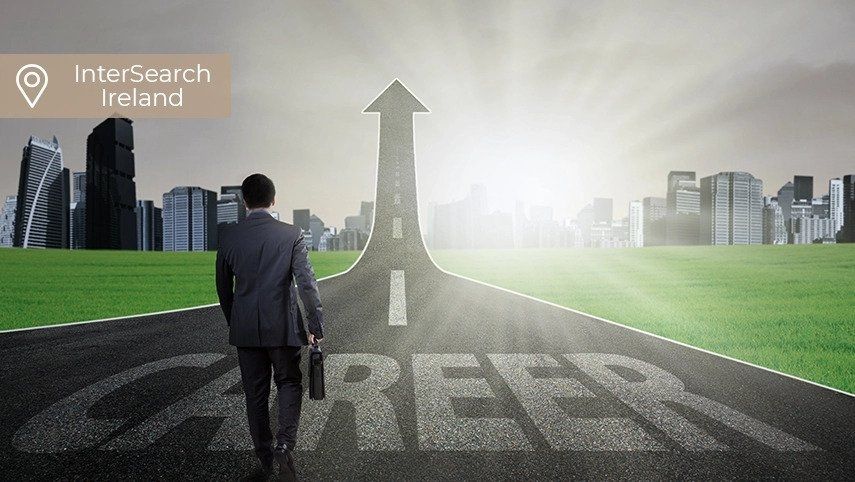Career Sustainability: Relevance for the Future
Unintended benefits of ‘sheltering’ due to COVID-19 is providing opportunities for reflection on work-life (past, present, and future), and the opportunity to re-evaluate career and personal goals.
2020 has been filled with life-changing experiences, from families, schools, work and society. We have had to look at the way we live and interact. We have been confronted with the challenges of devising ways to cope with the new normal. Family celebrations have had to be reimagined, and public health safety is now at the forefront when planning any gatherings.
In planning for the future (post-COVID-19), it is important to consider that unintended benefits of ‘sheltering’ have included opportunities for reflection on work-life (past, present, and future), and the opportunity to re-evaluate career and personal goals. It has brought to the forefront the significance and renewed our view of community interconnectivity, highlighting the greater context in which we live and work. It has brought society to the realisation that no segment operates independently of others. The lockdown has highlighted the common denominator for all: family – at the crucial time when all had to take shelter, everything fell back on family and the community. This reinforced the links among work, social, and family life on an unprecedented scale. Moving on from the first phase of the pandemic, everyone has been changed by the experience, and that will be reflected in the way we think about and approach work going forward.
Public administrators now have to iterate strategy implementation plans to ensure safety whilst ensuring that goals are achieved. In the work environment, the challenge for individuals and organisations will be to ensure that careers are relevant for the future. It begs the question, therefore, of how one develops and retrains relevance and career sustainability.
Simply put, a sustainable career refers to the ability of the individual to maintain long term relevance. Core to this is the ability to retain employability, performance, maintenance of physical and mental wellbeing as well as balancing professional and personal development. Practically, sustainable careers cover the entire lifetime of an individual’s career, consolidating the past, investing in the present, and creatively innovating for the future.
Considering the current public health crisis and the impacts on the socio-economic environment, organisations must give due attention to sustainable career development. This is because it is critical for the resilience of employees in an increasingly complex but unpredictable career environment. The quest for career relevance should not be the sole responsibility of the individual but must have input from all stakeholders – the organisation, government, and the labour market.
Building sustainable careers are critical for economic substantiality. Having a holistic approach to sustainable careers is important to ensure that influential factors associated with stakeholders positioned in multiple contexts are addressed. Organisations invested in retaining talent and fostering a sustainable culture can assist in this process by offering support and exploring options to keep employees engaged and growing over time.
The tendency is to approach sustainable careers from the individual perspective, considering the individual as the main career player. However, at the same time, each individual’s career is inherently connected with, influenced by, and has implications for other players and contexts. The challenge of sustainability encompasses more than individual career management. It requires the active involvement of all parties involved, such as family and peers, managers, employers, academia, and society.
It is beneficial for individuals to interact with their surrounding stakeholders when working towards achieving relevance and managing changing motivations and goals throughout their careers. This ensures the realisation and maintenance of job fit.
Human Resource Development can play an important role in helping individuals recover and sustain their careers post COVID-19. It may involve providing training to assist employees in developing additional skills or to reskill for new roles, as well as helping individuals with their future career plans, including explorations of realistic options that help build sustainable careers. The use of technology is a good starting point. Employee engagement and involvement in organisational planning provides the opportunity to assess and evaluate current skillsets and plan for career development to meet future needs.
A key aspect of building a sustainable post-COVID19 career, will be learning from this experience and applying that knowledge. HR has an opportunity at this moment to play a significant role in helping individuals and organisations find and support resilience, manage the shocks and uncertainty, replenish reduced resources, and build more sustainable career cultures.
Written by Clementina Mustapha, InterSearch Ireland.
